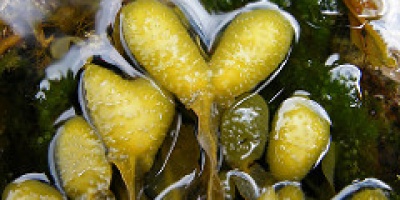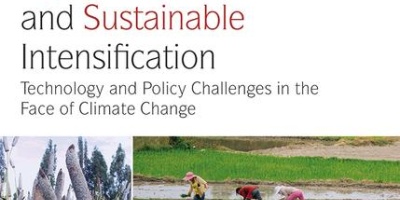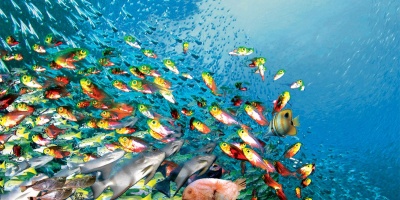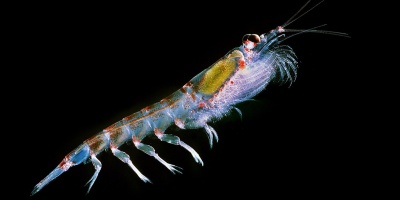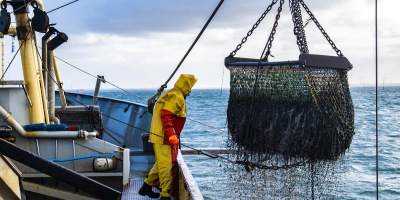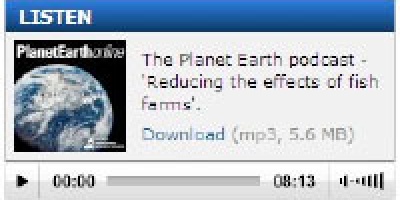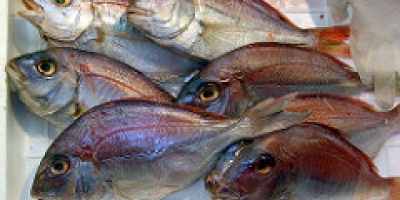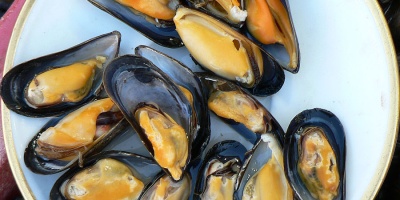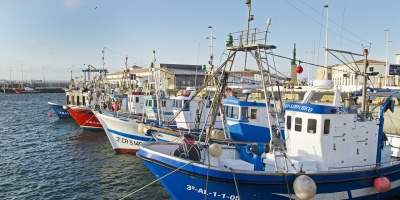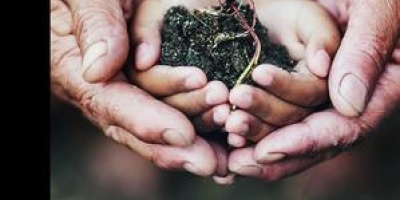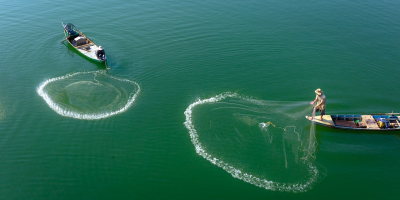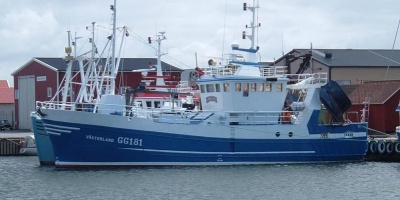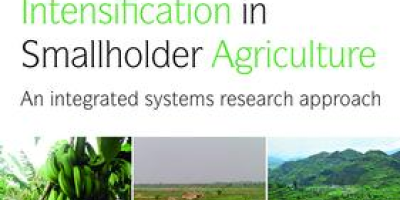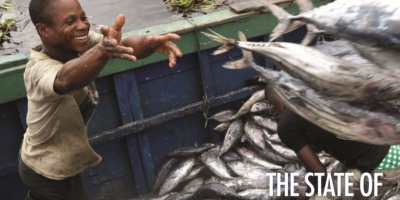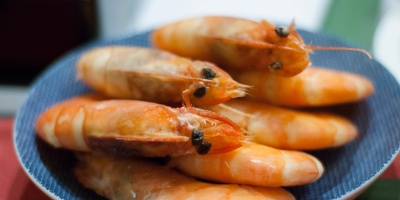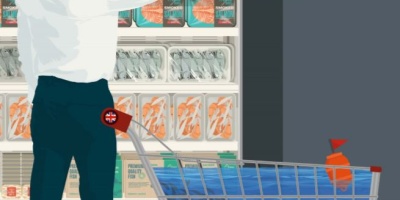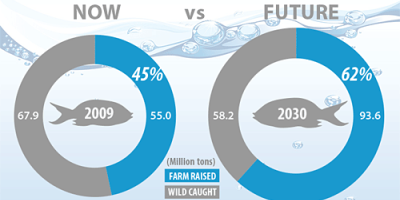Fish and seafood constitute an important part of diets around the world and are a key source of protein and essential fatty acids (such as omega 3). Over the past 50 years however, overfishing and destructive fishing techniques have caused dramatic reductions in wild fish stocks. Around 85% of fisheries are now fully exploited or overfished, and many of the ecosystems associated with fishing activities have been severely damaged. With growing populations and increasing per capita protein demand, producing sufficient fish to fulfil demand has prompted a focus on aquaculture: the farming of fish and seafood. Aquaculture is the most rapidly expanding subsector of the animal production sector and it now exceeds capture fisheries as an aquatic food source. While there is significant potential for aquaculture to reduce some of the pressures on wild fish stocks, the sector also generates its own environmental problems. The farmed aquatic sector is however hugely diverse – from modern closed recirculating systems through to traditional integrated ones (involving production of both fish, livestock and agriculture) – making it difficult to generalise.


